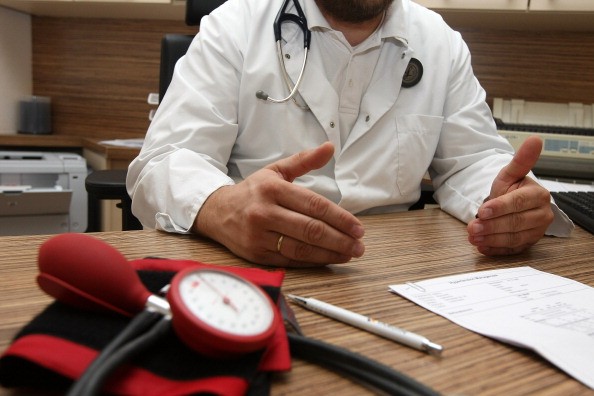
Recently the DASH diet has just been called the best diet for the fifth time by the U.S. News and World Report. This only means one thing: if you want to go on a diet, then should be it. But then what is DASH? Why is the best?
DASH stands for Dietary Approaches to Stop Hypertension. As its name suggests, the guidelines and the meal plans are intended to significantly reduce the risk of hypertension and cardiovascular disorders, which remain the number one cause of preventable deaths in the world. If you have hypertension, the diet may help you avoid medications.
This diet is based on the extensive studies conducted by the National Heart, Lung, and Blood Institute (NHLBI) and is fully supported by the American Heart Association.
The main premise of the diet plan is to lower blood pressure by reducing your sodium intake. World Action on Salt posits that although the lack of physical activity and obesity have usually been considered as the causes of cardiovascular diseases, there's a much stronger link between sodium intake (such as salt) and hypertension.
Your body needs salt to maintain an electrolyte balance by retaining just enough amount of water in the bloodstream. Meanwhile, the kidneys filter wastes and by drawing excess water from the cell walls.
If there's too much salt in the body, the kidney cannot function properly because of higher water retention. In turn, the blood pressure rises as the imbalance leads to a strain in the blood vessels of the kidneys and the amount of water that's in the bloodstream.
Over time, the strain causes the arteries to become narrow or clog up, which then puts more pressure to the heart to pump blood efficiently. Kidneys are damaged leading to kidney disease.
In DASH diet, sodium intake should be limited to no more than 2,300 mg a day. It's also lower, around 1,500 mg per day, for those who are diagnosed with either high blood pressure or hypertension, chronic kidney disease, and diabetes. Adults who are 51 years old and above should also limit their sodium intake.
Total fat should make up only 27% of the total calories; protein, 18%; saturated fat, 6%; and carbohydrates, 55%. Fiber is around 30g of your diet while calcium and potassium are 1,250 mg and 4,700 mg, respectively.

